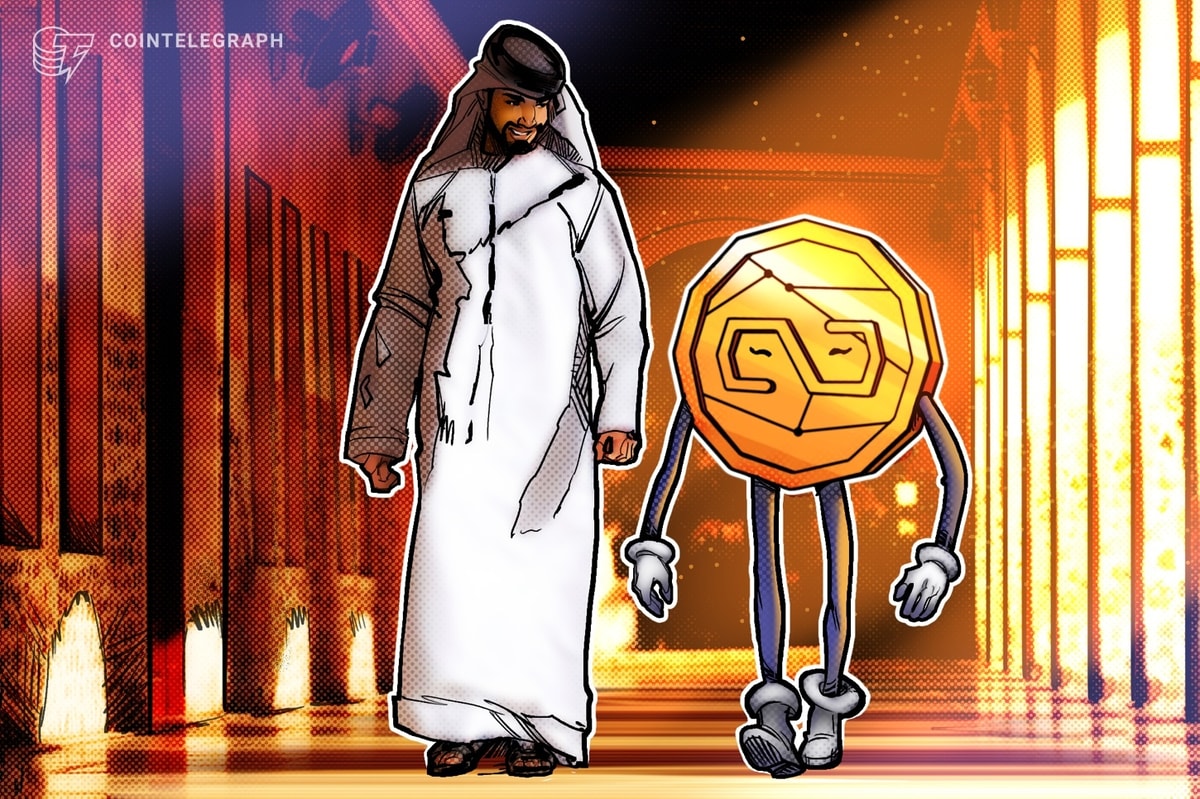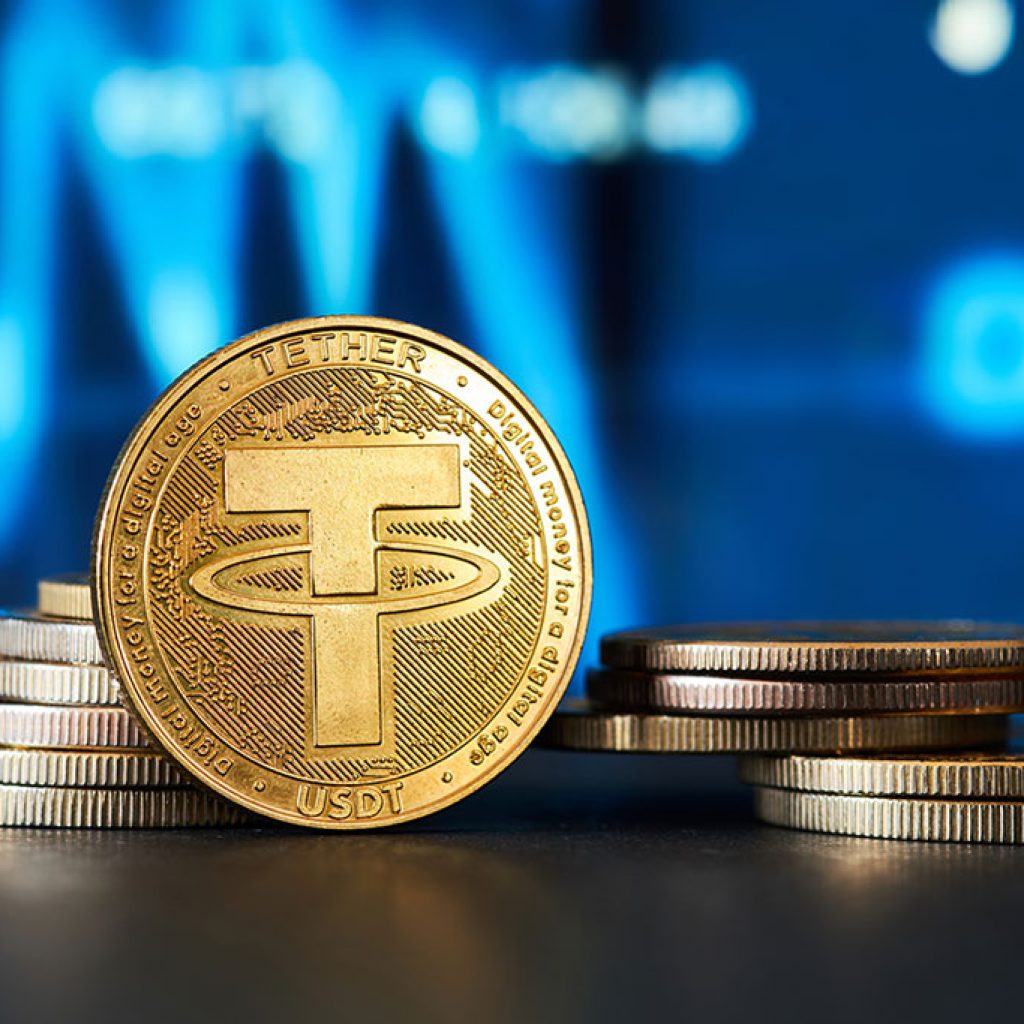- UAE central bank has approved new licensing for dirham-backed stablecoins.
- The licensing system is part of UAE’s broader Financial Infrastructure Transformation (FIT).
- The Dubai regulator updated the rules to allow limited investments in unrecognized tokens.
The Central Bank of the United Arab Emirates (CBUAE) has approved a new regulatory framework to oversee and license stablecoins, marking a significant step in the nation’s financial innovation journey. The approval was announced after a recent CBUAE board meeting, chaired by UAE Vice President and CBUAE Chairman Sheikh Mansour bin Zayed Al Nahyan, held at Qasr Al Watan in Abu Dhabi.
The central bank’s move is part of the UAE’s broader Financial Infrastructure Transformation (FIT) program that is aimed at boosting digital transactions, enhancing the digital economy, and fostering innovation within the country.
The licensing system favours dirham-backed tokens
Kokila Alagh, founder of KARM Legal Consultants, explained that the newly approved regulations provide clarity on the issuance, licensing, and supervision of dirham-backed payment tokens. Under the new system, payment tokens must be exclusively backed by UAE dirhams, prohibiting links to other currencies, digital assets, or algorithms.
Furthermore, merchants and service providers within the UAE are restricted to accepting only dirham-backed tokens, ensuring a stable and regulated environment for digital payments.
This initiative aligns with the UAE’s strategic goals under the FIT program, which aims to advance the country’s position as a leading hub for financial and digital payments.
As part of these efforts, the CBUAE also announced plans to issue a central bank digital currency (CBDC).
The introduction of a CBDC is expected to address inefficiencies in cross-border payments and stimulate domestic payment innovation, solidifying the UAE’s competitive edge in the global financial landscape.
Dubai Financial Services Authority (DFSA) also updated its stablecoins regulations
In tandem with the CBUAE’s moves, the Dubai Financial Services Authority (DFSA) has updated its own regulations concerning stablecoins. On June 3, the DFSA introduced new criteria for recognizing stablecoins, expanding its regulatory framework.
Previously, the DFSA recognizes a limited number of crypto tokens, including Bitcoin, Ethereum, Litecoin, XRP, and Toncoin.
However, with the revised token regime, the regulator now permits investments in unrecognized crypto tokens, provided such investments do not exceed 10% of a fund’s gross asset value.
These regulatory advancements underscore the UAE’s commitment to embracing digital innovation while maintaining robust oversight. By implementing these measures, the UAE is poised to enhance its financial infrastructure, ensuring a secure and efficient environment for both domestic and international digital transactions.
The post UAE central bank introduces licensing system for stablecoins appeared first on CoinJournal.





